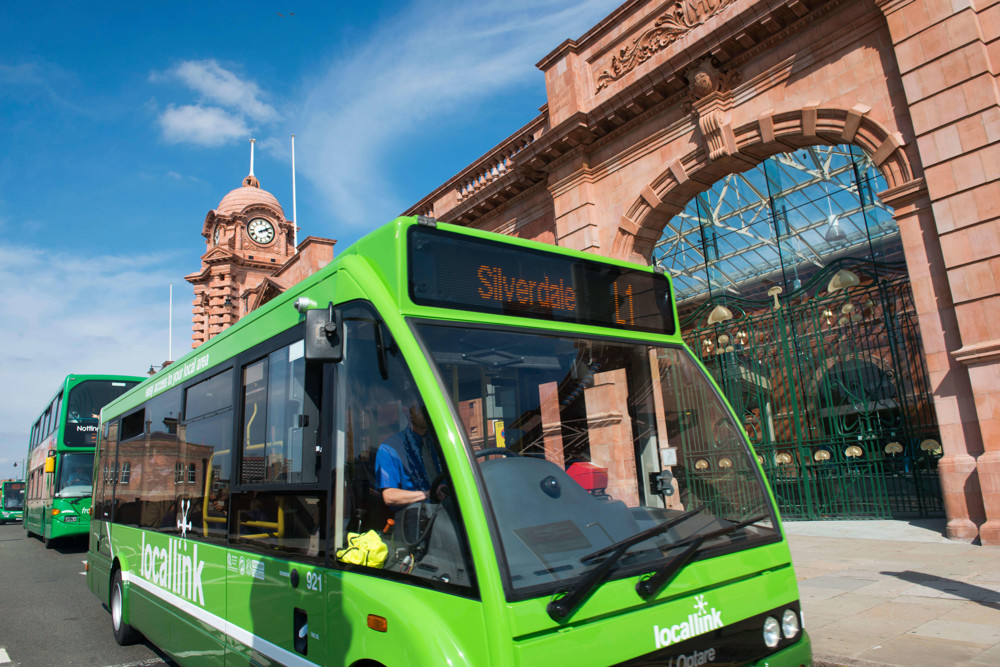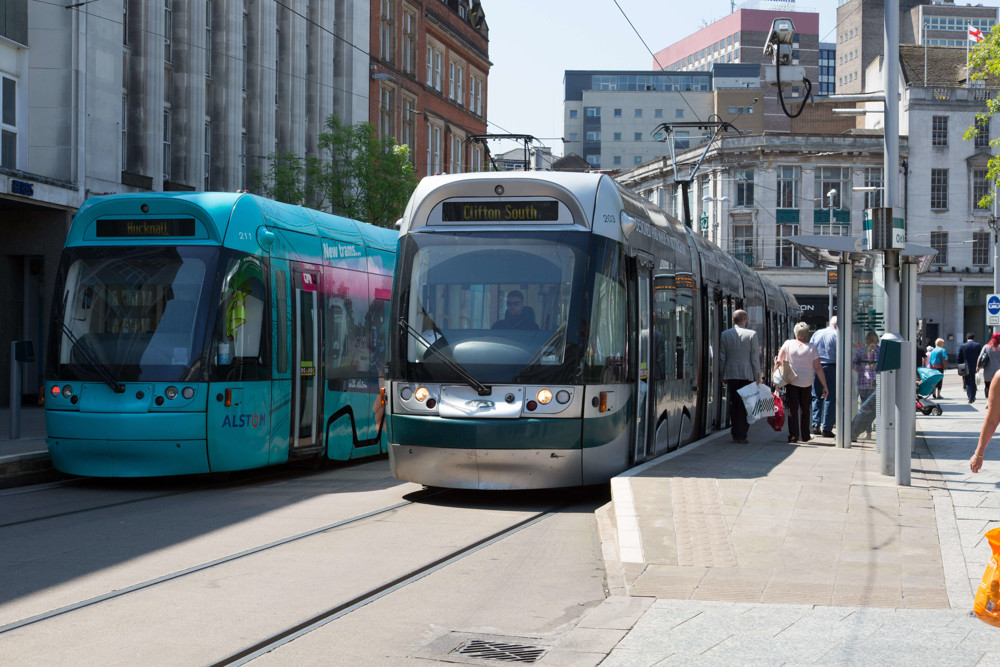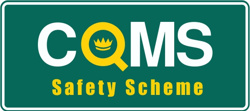What is a Workplace Parking Levy? A Workplace Parking Levy (WPL) is a licensing scheme for active workplace parking places. It charges employers and education organisations for the number of parking places they provide that are regularly used by employees, students or others. Employers can choose to pay the charge themselves, or they can pass it down to their employees.
Why are Workplace Parking Levies being introduced?
The idea behind WPLs is to encourage commuters to use alternative, less polluting means to get to work or school, rather than travelling in private cars. This could include walking, cycling, or the use of public transport. In addition, the revenue raised through the WPL is, by law, put back into improving local transport to increase sustainable travel options for commuters.
London Boroughs considering the introduction of Workplace Parking Levies
A number of London boroughs, including Merton, Camden, and Brent, are considering the introduction of Workplace Parking Levies, of at least £750 per year. This figure is based on factors such as a return bus fare, average on-street parking charges, and the levy needed to be effective in mode shift. Hounslow Council has already conducted an informal consultation on WPLs.
London Councils, which represents the boroughs, discussed WPL guidance at its Transport and Environment Committee earlier this year. The agenda stated that “for the first time, the Mayor’s Transport Strategy supports boroughs who wish to implement Workplace Parking Levies as part of their traffic reduction strategies”.
It continues: “WPLs are a means of delivering mode shift by managing demand for commuter car travel; raising revenue to pay for public transport improvements, and reducing parking supply in the long term.”
In London, the introduction of WPLs will help to reach the Mayor's goal for 80% of trips in London to be made by walking, cycling, or public transport by 2041.
Nottingham City Council Workplace Parking Levy
Currently, Nottingham City Council is the only local authority in the UK that operates a Workplace Parking Levy. The city introduced the scheme in 2012 and it has raised over £64m to date.
Employers offering more than 10 spaces are charged £415 per year for every space. In Nottingham, 53% of organisations recoup at least part of the levy from their employees. Different methods of reclaiming the money are used - for example, the City Council deducts a percentage of annual salary.
David Mellen, Council Leader, said that the WPL has “had the effect of reducing congestion”. He went on to explain that "It's given us two more lines of a tram, improved our central railway station, and helped us to invest in link buses - which are perhaps not commercially viable but actually are needed for people to get to work." The city has among the highest public transport use in the UK.
Workplace Parking Levy Law Passed in Scotland
A new law passed by MSPs on 10th October 2019 gives all councils in Scotland the power to charge a Workplace Parking Levy. Glasgow and Edinburgh have so far indicated that they plan to introduce WPLs, with schemes likely to resemble the existing WPL system in Nottingham.
NHS sites are to be exempt from Scottish WPLs, and individual councils will be at liberty to decide on any other exemptions. Transport Secretary Michael Matheson stated, "It's a power, not a duty. There is a high degree of local decision making in how a scheme is set up, with local authorities having wide powers to shape how that scheme is shaped to meet local needs."
The new law is part of a package of reforms to transport across Scotland, including a focus on bus services and low-emission zones in cities. WPL revenues will be reinvested in improving transport.
Birmingham’s Plans to Introduce the Workplace Parking Levy
Keen to move away from an over-reliance on cars, Birmingham is another city currently exploring the introduction of the Workplace Parking Levy. Still in the early stages, the WPL would be paid on top of Clean Air Zone (CAZ) fees. The WPL would form part of Birmingham City Council’s plan to reduce congestion and air pollution.
It is expected that city centre businesses would be charged £500 per year for each of their private parking spaces. The WPL would apply to businesses offering 10 or more spaces; an estimated 14,500 parking spaces. The authority is aiming for a 2024 rollout to generate an annual revenue of approximately £7m.
According to Birmingham City Council, revenue generated from the WPL would be used for sustainable transport projects, tackling congestion and pollution.
Where else are we likely to see Workplace Parking Levies introduced?
A number of London Boroughs and cities across the UK are currently considering a WPL, including Oxford, Cambridge, Bristol and Reading.
For more information on this topic, please contact George Stow on 01483 745441 or gstow@mayerbrown.co.uk.









